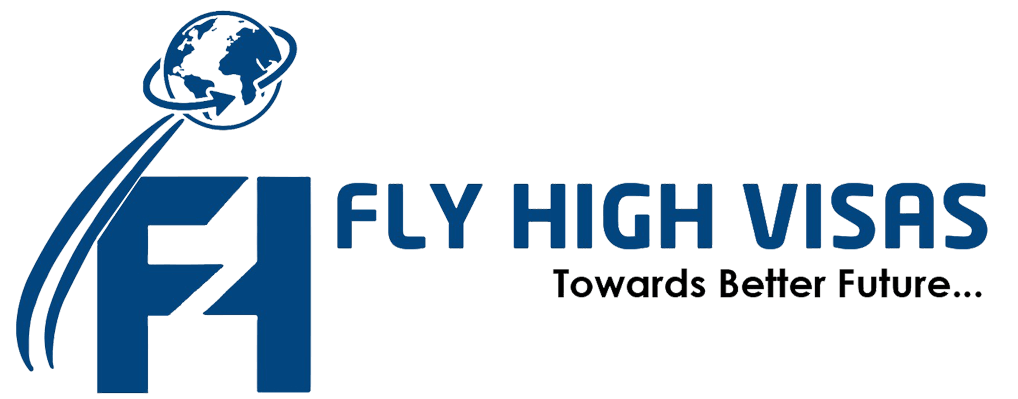Introduction
As the US grapples with ongoing debates over immigration policy, one key program is at the center of the storm: Optional Practical Training (OPT). This program, vital for thousands of international students, particularly from India, could soon face tighter restrictions, leaving many uncertain about their futures. A recent wave of political scrutiny is questioning the fairness and legitimacy of OPT, a critical pathway for students to gain work experience and potentially transition into H-1B visas. Among those most affected are the 69,000 Indian students who participated in OPT during the 2022-2023 academic year.
What is OPT and How Does It Benefit International Students?
OPT allows international students on F-1 visas to work in the US for up to 12 months after completing their studies, with an extension of an additional 24 months for students in STEM (Science, Technology, Engineering, and Mathematics) fields. This provides a total of 36 months of work experience. It is an invaluable opportunity for students to gain practical, real-world experience, especially in high-demand industries like technology, engineering, and healthcare.
Alongside OPT, there is another program known as Curricular Practical Training (CPT), which allows students to engage in work related to their academic coursework. While CPT is typically short-term and part-time, OPT offers more long-term, post-graduation opportunities. These programs are authorized through university Designated School Officials (DSOs) and US Citizenship and Immigration Services (USCIS).
The Growing Scrutiny of OPT and CPT
Though these programs have helped hundreds of thousands of students build their careers in the US, recent political debates have questioned their legitimacy and fairness, especially to US workers. During a January 2025 hearing by the US House Judiciary Committee, Jessica M. Vaughan, Director of Policy Studies at the Center for Immigration Studies, called for the elimination or stricter regulation of OPT and CPT, claiming that they were unauthorized by Congress. Vaughan further argued that these programs have facilitated a large, unregulated "guest worker" population, with approximately 540,000 former students working without proper oversight.
Additionally, concerns over potential fraud and abuse of the system have escalated. In 2016, the US government even created a fake university— the University of Northern New Jersey—to expose fraudulent activity related to CPT. As a result, several stakeholders are now questioning whether these programs are being used for their original educational intent or if they have become a convenient avenue for employers to bypass more stringent work visa processes.
A Rising Concern for Indian Students
The proposed changes to OPT are particularly alarming for Indian students, who make up the largest share of international students in the US. With 69,000 students in OPT in just the 2022-2023 academic year, India represents a significant portion of the program’s beneficiaries. If regulations become stricter, these students face not only the possibility of losing access to OPT but also the looming uncertainty of transitioning to H-1B visas, which are already in high demand.
For many Indian students, OPT is a critical bridge between completing their studies and building a career in the US, especially in industries like technology, engineering, and healthcare. Major tech companies such as Google, Microsoft, and Amazon regularly hire OPT participants, appreciating the skills and diverse perspectives these students bring to the workforce. The uncertainty surrounding OPT could drive away top talent from these vital sectors, impacting the global competitiveness of the US economy.
The Other Side: Universities and Industry Stakeholders Push Back
While critics argue that OPT and CPT need stricter oversight, universities and key industry stakeholders have strongly pushed back against such changes. Leading educational institutions, including the University of California, Berkeley, argue that these programs are indispensable for attracting top international talent. They emphasize that international students contribute significantly to the US economy, not only by providing a skilled workforce but also through tuition fees, which support educational institutions across the country.
In the tech sector, companies like Google, Microsoft, and Amazon have highlighted how the OPT program is essential for filling talent gaps in specialized fields like software engineering and data science. These organizations argue that OPT participants bring fresh perspectives and cutting-edge skills that are crucial for innovation and growth.
What’s Next for OPT?
As the political debate continues to heat up, the future of OPT and CPT remains uncertain. Proposals to limit or restructure the programs could drastically impact the opportunities available to Indian students and the broader international student community in the US. Some have suggested that the programs should be limited to fields where practical training is essential for students' educational goals. Others have recommended stricter vetting of universities that issue visa paperwork or higher standards for employers participating in the program.
However, universities and industry advocates continue to make their case, stressing the economic value and academic importance of these programs. They argue that a balance must be struck between addressing concerns over fraud and maintaining a robust, open pathway for international students to contribute to the US economy.
In the end, the changes proposed to OPT will have lasting implications for both international students and the US workforce. Whether these shifts will strengthen or undermine the program remains to be seen, but for now, Indian students are left navigating an uncertain future, awaiting clarity on the fate of this vital opportunity.
Fly High Visas is one of India’s best immigration consultancy. Our Immigration Services are designed to equip our clients with thorough information about the immigration process, enabling them to make informed decisions. Fly High Visas
No Next Post






Leave a Reply
Your email address will not be published.